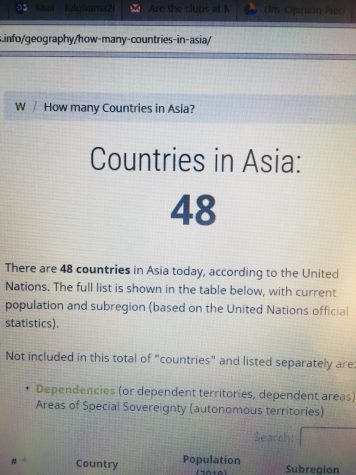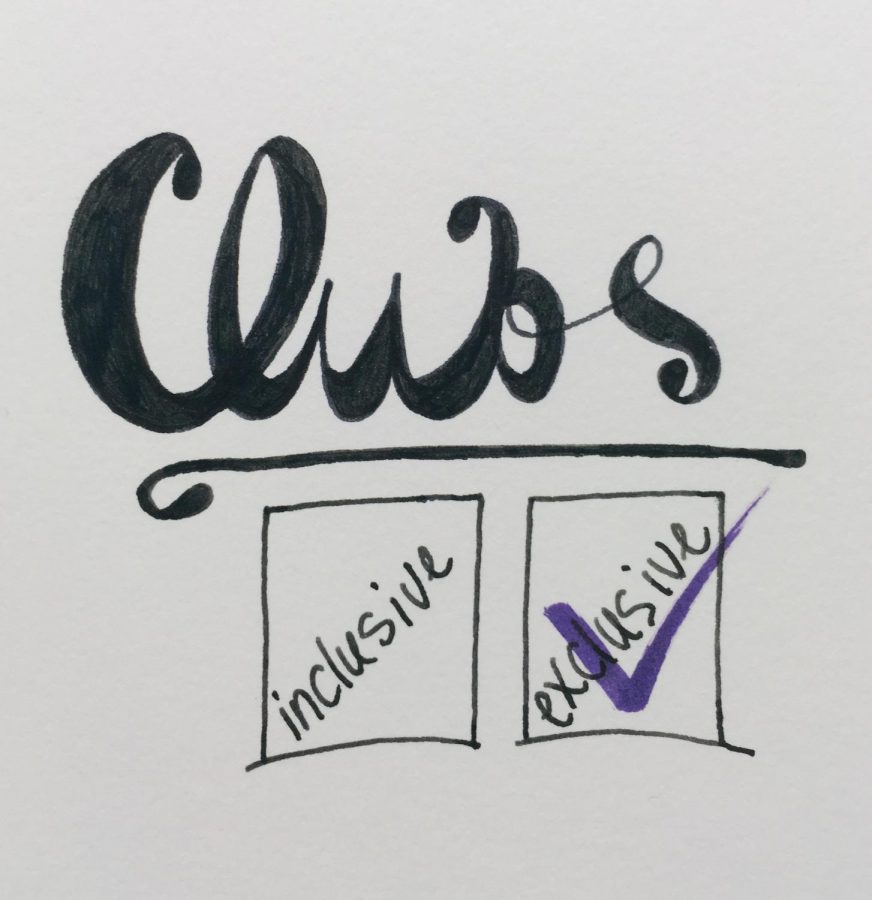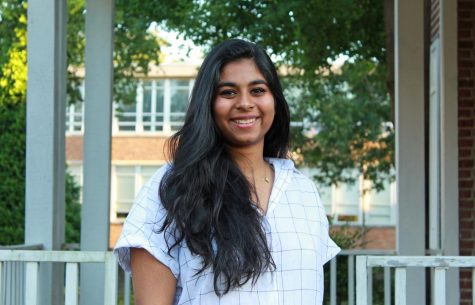Are MSMS Clubs Really That Inclusive?
January 21, 2019
Clubs at the Mississippi School for Mathematics and Science (MSMS) range from Interfaith Dialogue to French to even Knitting. While this unique plethora of clubs dominates much of students’ important time after school–arguably taking time away from school work and studying–clubs are an essential part of MSMS student life. And while some of these clubs represent (or try to represent) a broad spectrum of students in order to validate a group of people, it can be argued that they actually have an opposite effect. One such club is the Asian Student Association (ASA). ASA holds many festive events and is a very prominent and popular club at MSMS. Most, if not all, students have been to an event or know of an event hosted by ASA. As much as I love the fact that there is such a notable representation of Asians at MSMS, I personally don’t think ASA is inclusive to all “Asians.”
Asians are defined as people with origins within the continent of Asia. While ASA clearly represents Asian countries such as China, Korea, Japan, etc., some countries that are being forgotten are Iran, Syria, Saudi Arabia and others (such as Afghanistan and my own country, India).

Those countries are not especially looked at as being part of the Asian Continent–but they are, and I feel that it should be in ASA’s best interest to both represent the whole of Asia and expose the members to overlooked and excluded countries and cultures of Asia. When a club is striving to stand by inclusivity for all but yet is generalizing the Asian community and prominently only representing East Asia, the club should not be called “the Asian Student Association” but the East Asian Student Association. This name would be a more accurate representation of what the club is and would suit what they are representing in a more narrow spectrum. This would also give the club more of a manageable collection of countries to represent. If countries like Syria, Iran, and Saudi Arabia are not even talked about–or if they are it is brief and not really explored in ASA–within ASA, they could have their own club to explore those special regions and cultures.
ASA is just one example of a club that isn’t as inclusive as the name of the club suggests. There are many other clubs like ASA and, to be quite blunt, I would strongly suggest that those clubs become more inclusive and utilize more ideas to reach out to everyone and present to students more than the generalized topic of their club. Clubs should have a more “restricted” approach to the topic they are making the club about, more then trying to include every topic especially if they aren’t going to mention or demonstrate it in the club. In my personal experience, it is better if a club approaches a specific topic or group of people instead of using catch-all phrases. Places such as MSU and other schools and colleges have a more specialized target more than just being inclusive. Inclusive clubs and events are great to have but it would be more beneficial if the clubs had more of a goal or target of people then irrationally trying to include everyone’s interests.









